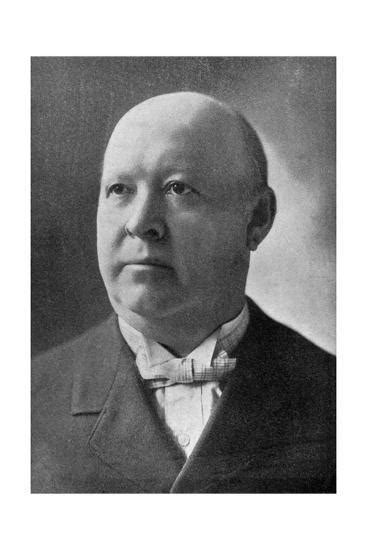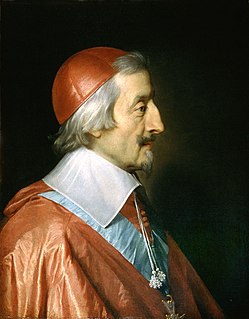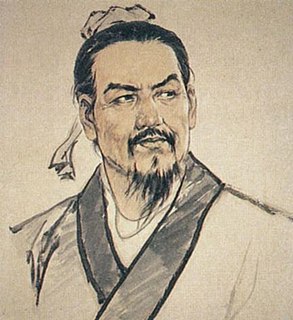A Quote by Tom Burke
Philip of Spain is a ruler who has forgotten that a ruler is there to serve the people.
Related Quotes
A tolerant person should not be harrased. The subject or the ruled ones generally is loyal to the ruler. The people tak to revolt when they are helpless. The duty of the ruler is that his humble people mey not tak to revolt being suppressed by his bad polity. Considering the forbearance of the subject, do not ill behave with them so that they may feel oppressed.
Love or affection towards an individual or nation, is indicated by good action snot merely be words. The adoration towards nation is expressed by works of welfare equally done by the ruler and theruled. The ruler himself must be engatged, in welfare of th country and also should select officials examining their involvement with the public god. Self-centered people greedy of the power should be kept away
Phronimos, possessing practical wisdom . But the only virtue special to a ruler is practical wisdom; all the others must be possessed, so it seems, both by rulers and ruled. The virtue of a person being ruled is not practical wisdom but correct opinion; he is rather like a person who makes the pipes, while the ruler is the one who can play them.
A ruler must learn to persuade and not to compel... he must lay the best coffee hearth to attract the finest men... a good ruler has to learn his world's language... it's different for every world... the language of the rocks and growing things... the language you don't hear just with your ears... the Mystery of Life... not a problem to solve, but a reality to experience... Understanding must move with the flow of the process.
As during the time of kings it would have been naive to think that the king's firstborn son would be the fittest to rule, so in our time it is naive to think that the democratically elected ruler will be the fittest. The rule of succession is not a formula for identifying the best ruler, it is a formula for conferring legitimacy on someone or other and thus forestalling civil conflict.
Our whole evolution has reached a stage where nearly every man is either ruler or ruled; sometimes he is both. By this the attitude of dependence has been greatly strengthened, for a truly free man does not like to play the part of either the ruler or the ruled. He is, above all, concerned with making his inner values and personal powers effective in a way as to permit him to use his own judgment in all affairs and to be independent in action.































